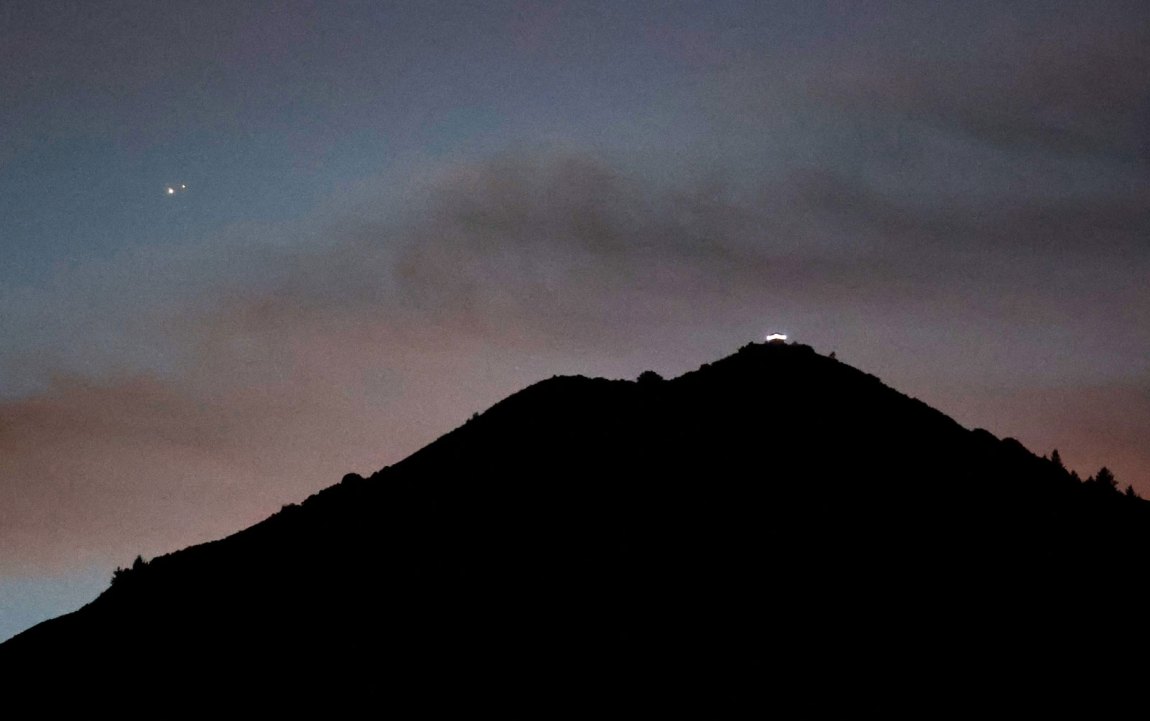It has been an anxious, painful, and demanding year—from the global pandemic that continues to threaten the health and wellbeing of millions, while the most basic stimulus relief is further delayed, to a national confrontation with our country’s history of racialized inequality, and the most divisive and high-stakes US election in modern times.
As Covid-19 spread in New York City in March, and we at The New York Review of Books began, like millions of others, to work remotely, we asked a range of writers across the world to contribute to our pandemic journal, from March through mid-May. We published entries from Tokyo, Japan, Rome, Italy, Niamey, Niger, New Orleans, Louisiana, Bogotá, Colombia, and elsewhere; including contributions about reading amid uncertainty, from a pediatric doctor in Texas, the virus at Rikers, intimacy and social distancing, and the chasm between those working from home and those without any work, support, acknowledgment.
This fall, in collaboration with our magazine colleagues, we published a series of entries leading up to the presidential election, with Hari Kunzru on our siloed disinformation age, Bill McKibben on what Biden must do about the climate crisis, Astra Taylor on why voting is integral but never enough, and Wallace Shawn’s reflections on developments since his birth.
Below, our own Best of 2020 showcases more excellent work we published online during this harrowing year. As grateful as we are to our contributors, we thank you, our readers, for making this work possible, as we look forward to continuing it in 2021.
In chronological order:
Daniel Drake: The Slog Comes in on Little Cat Feet
Tamsin Shaw: William Barr: The Carl Schmitt of Our Time
Jenny Uglow: David Bomberg’s ‘Desire to Emancipate’
Anastasia Edel: A Winter’s Night at the Bolshoi, 1985
E. Tammy Kim: Moms 4 Housing: Redefining the Right to a Home in Oakland
Matt Seaton: The Righteous Mayor of Vibraye
Vivian Gornick: What Endures of the Romance of American Communism
Jiwei Xiao: Fearing For My Mother in Wuhan, Facing a New Sinophobia in the US
Asad Hussein: Chasing the Mirage: From Nairobi to New York City
Etgar Keret: Eating Olives at the End of the World
Maeve Higgins: The Essential Workers America Treats as Disposable
Nicole R. Fleetwood: Creation in Confinement: Art in the Age of Mass Incarceration
April Zhu: A Lost ‘Little Africa’: How China, Too, Blames Foreigners for the Virus
Vincent Bevins: How ‘Jakarta’ Became the Codeword for US-Backed Mass Killing
Gary Younge: What Black America Means to Europe
Joyce Johnson: My Abortion War Story
Annette Gordon-Reed: The Problem of Police Powers for People Living While Black
Willa Glickman: New York’s Rising Tides: Climate Inequality and Sandy’s Legacy
Amna A. Akbar: How Defund and Disband Became the Demands
Mohamed Abdulkadir Ali: An African’s Education in Being Black in America
Sarah Churchwell: American Fascism: It Has Happened Here (with earlier weigh-ins on the issue by Samuel Moyn and Peter Gordon)
Krithika Varagur’s three-part series on policing in Minneapolis (parts 2, and 3)
Rebecca Haw Allensworth: Licensed to Pill
Jay Neugeboren: Dickens in Brooklyn
Seema Jilani: Broken Glass, Blood, and Anguish: Beirut After the Blast
Danny Lyon: My Friend John Lewis
Christopher Benfey: Missed Steps
Adam Shatz: The Stanley Crouch I Knew
Elizabeth Tsurkov: The Syrian Mercenaries Fighting Foreign Wars for Russia and Turkey
Sławomir Sierakowski: The Women’s March of Belarus
Susannah Jacob: The West Wing We Knew
Jay Rosen: America’s Press and the Asymmetric War for Truth
Jehad al-Saftawi: The Gaza I Grew Up In
Shirley Elizabeth Thompson: Georgia On My Mind
Menaka Guruswamy: In Modi’s India, the ‘Love Jihad’ Myth Is Made Law



